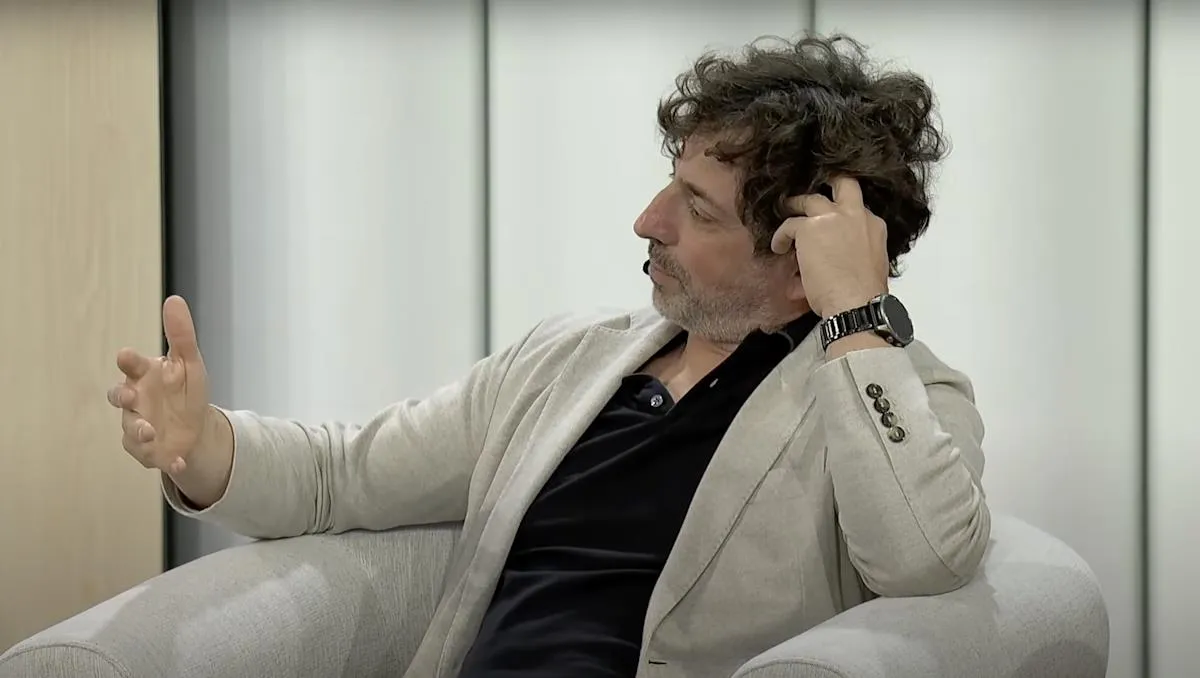
Before the advent of augmented reality (AR), Google Glass emerged as a highly anticipated project that ultimately faced significant challenges, leading to its perceived failure. Key issues such as privacy concerns and the device's unappealing aesthetic contributed to its downfall. Recently, during an I/O session featuring DeepMind CEO Demis Hassabis, Google co-founder Sergey Brin reflected on the missteps associated with Google Glass, shedding light on the lessons learned from this ambitious venture.
Brin candidly acknowledged his lack of knowledge regarding the consumer electronics supply chain when Google Glass was launched. He remarked, "I just didn't know anything about consumer electronic supply chains, really, and how hard it would be to build that and have it at a reasonable price point, managing all the manufacturing and so forth." This admission highlights the complexities involved in bringing innovative tech products to market and the importance of understanding market dynamics.
Despite the setbacks of Google Glass, Brin remains optimistic about the augmented reality form factor. He pointed out that the latest devices from companies like Xreal offer a more appealing design, resembling regular glasses without the bulky features seen in earlier models. This evolution in design is crucial for consumer acceptance and widespread adoption of AR technology.
Brin emphasized that Google has shifted its strategy by collaborating with prominent partners such as Samsung and Xreal, which are involved in projects like the Project Moohan headset and Project Aura glasses. These partnerships are part of the Android XR extended reality program, demonstrating a more integrated approach to developing AR technology that could resonate better with users.
Another significant point raised by Brin is the technological advancements that have occurred since the launch of Google Glass in 2013. He noted that there was a considerable technology gap at that time, which has since been bridged. In the current landscape, AI capabilities have vastly improved, allowing AR devices to assist users without causing constant distractions. "Now in the AI world, the things that these glasses can do to help you out without constantly distracting you, that capability is much higher," he stated, indicating a promising future for AR applications.
As Google reflects on the past with Google Glass, the company is poised to leverage its experiences and partnerships to pioneer the next generation of augmented reality technology. With improvements in design, strategic collaborations, and advancements in AI, the future looks bright for AR devices that seamlessly integrate into our daily lives.